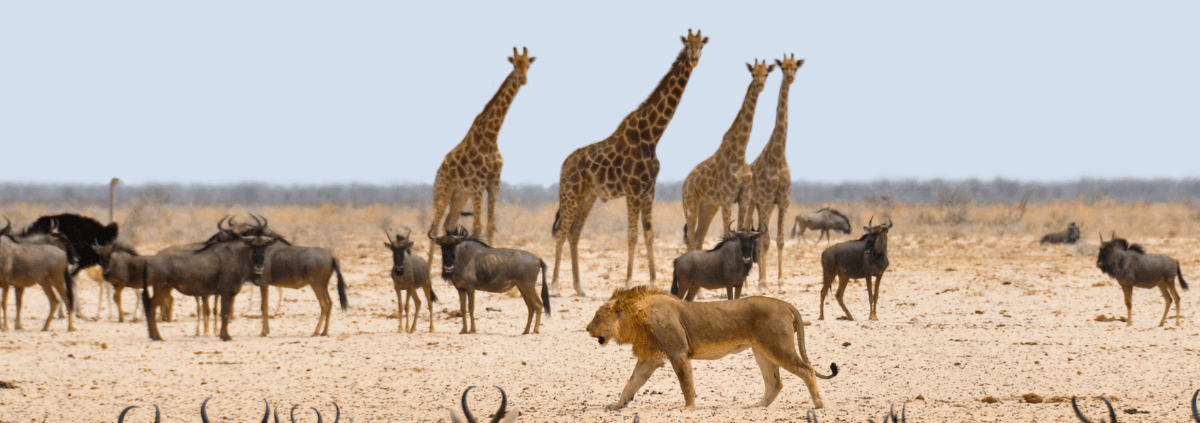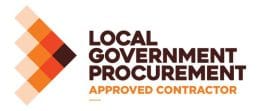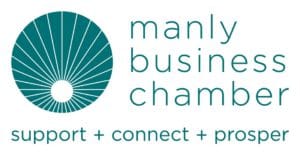WHAT KIND OF ANIMAL DO YOU WANT TO BE?
Yes, this is another of those questions that can make or break you at interview. If you’re one of the talented few able to conjure up a smart – and relevant – response on the spot, lucky you. If not, there’s no need to panic. With a little reflection and research, you’ll have an answer that’s sure to win you points on the day.
Here are some tips on how to answer the interview question “What kind of animal do you want to be?”
1. Think about the role
First, focus on the role. What sort of person is the organisation looking for? If you scan the initial job ad and job description, you may find it clearly set out for you already.
E.g. Organised, experienced PA with the ability to work independently and juggle a wide range of tasks.
Or
Positive, helpful customer service representative with excellent communication skills and experience working in a close-knit team.
You may also find it useful to look at the words the organisation uses to describe itself. Company websites, especially the Home page, About Us and Our Values sections, can be great sources of information for this.
2. Think about yourself
Next, focus on you. Are you the right person for the role and organisation? Do the words you’ve noted in your research in #1 ring true for you? Are you a super-organised PA with heaps of experience? Are you a customer service representative beaming with positivity? There’s a high chance you will have many of the qualities the organisation is looking for. Otherwise, they probably wouldn’t be interviewing you. The trick is to single out those qualities that are the strongest and most relevant to the role.
3. Think about an animal . . .
. . . that represents these positive qualities. It doesn’t matter if the animal you have chosen has some negative or irrelevant characteristics. You can explain these away (or avoid touching on them altogether) at interview.
To get you started, here are four animals that highlight a range of qualities.
Ant
Ants are team players and can achieve outstanding results by working together. They are renowned as hardworking and do not appear to be intimidated by a heavy workload. Ants are also very organised; every ant in the colony has a specific role to play.
Bottlenose Dolphin
Bottlenose dolphins are intelligent animals. They are one of the few species able to recognise themselves in a mirror. They are also known to be curious, seeking out knowledge for knowledge’s sake. Dolphins are highly social and great communicators.
Lion
Lions have long been celebrated for their strength and courage and are often associated with leadership. They are the only big cats to live in prides. Lions work as a team to defend their territory and hunt for prey.
Horse
Horses can be swift and responsive or constant and dependable. They are social animals that live in herds in their natural state. They are highly adaptable animals and are known for their ability to understand and follow directions.
Owl
Owls have always been considered wise creatures. They have sharp vision and excellent hearing, so very little escapes their attention! They are also quiet with feathers that allow them to fly almost in silence.
With so many animals to choose from, you’re bound to find one that displays the qualities for the role you’re interviewing for – and shows you in the best possible light. Happy hunting!
Whatever animal you want to be, we may have a role for you. Contact one of the humans in the Optimal Recruitment team today on info@optimalrecruitment.com.au or 02 8416 4181.










